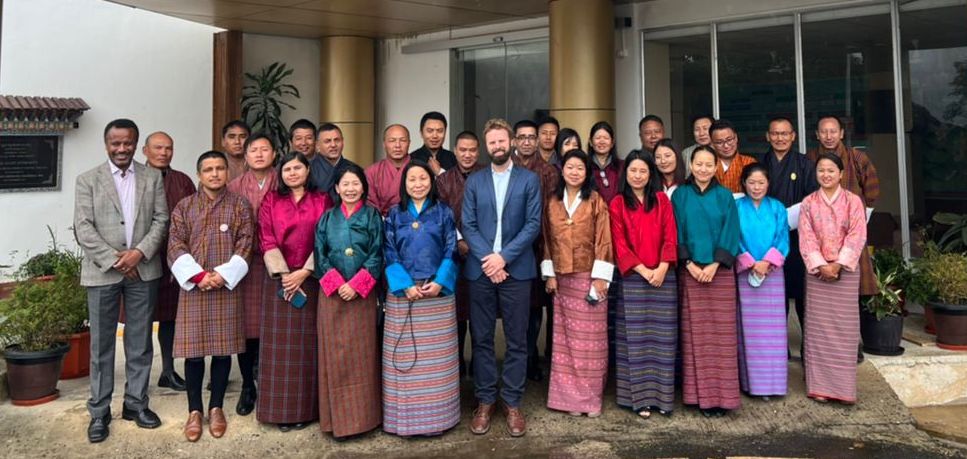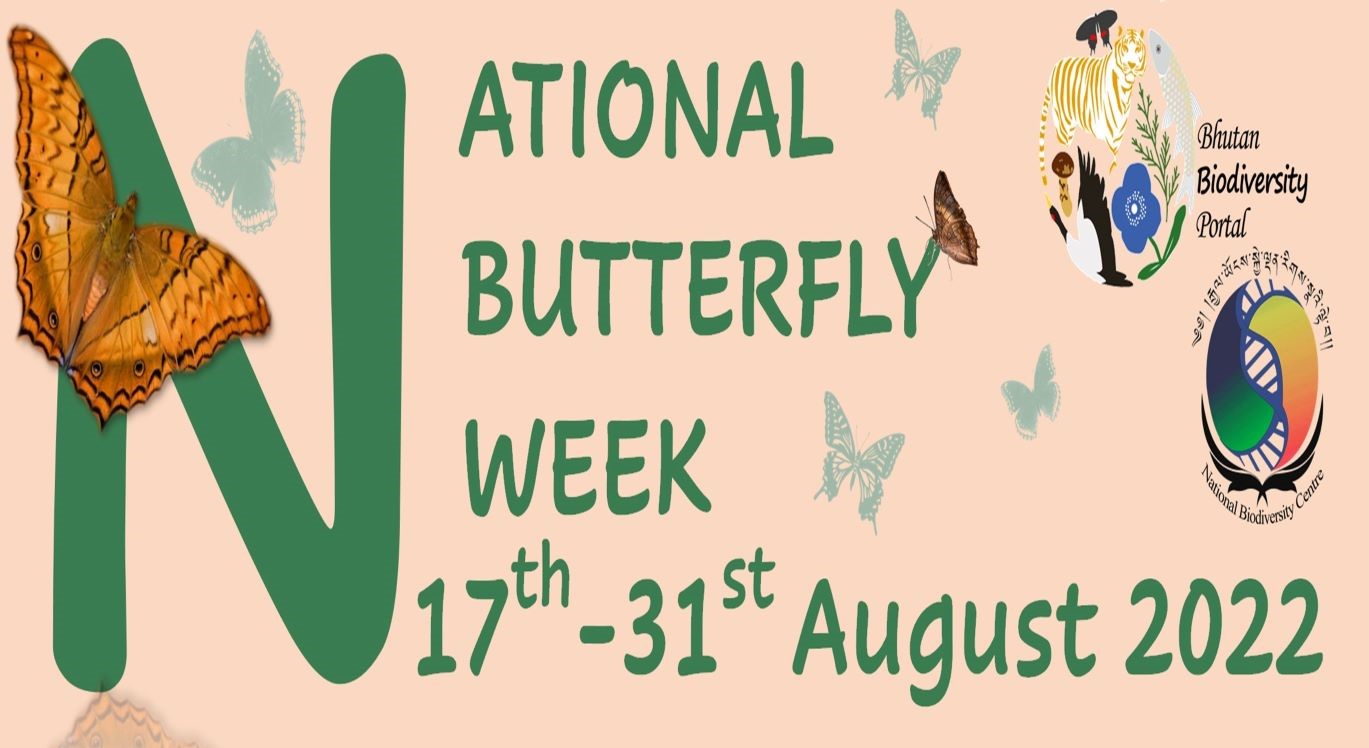![]()

Work package 3: Strengthening Genebank and Seed System Linkages Launch Workshop
Biodiversity for Opportunities, Livelihoods and Development (BOLD) is a 10-year project supported by the Crop Trust through Norwegian University of Life Sciences (NMBU). It is implemented by the National Biodiversity Centre with the aims to addresses the impacts of the climate crisis on food and nutrition security by supporting the conservation and sustainable use of crop diversity.
The Work package 3 (Strengthening Genebank and Seed System Linkages Launch Workshop of the BOLD Project was held at the Professional Development Center of the Royal Audit Authority of Bhutan, Tsirang on 25 October 2022. It was organized by the National Biodiversity Center with the stakeholders representing relevant agencies under the Ministry of Agriculture, Private Seed Companies, NGOs, CNR and Farmers. The two members experts from the from the NMBU Professor Ola Westengen and Dr. Teshome Hunduma facilitated the workshop.
The primary objectives of the Launch Workshop was to:
- Present and discuss seed systems used by farmers in Bhutan, and identify challenges related to institutional and policy practice
- Discuss the role of the Bhutan national genebank and international germplasm in supporting downstream seed systems, as well as challenges and opportunities related to possible/expanded roles in the future
- Encourage coordination and collaboration amongst diverse actors, including the national genebank, to enhance the performance of the national seed system
- Generate empirical information on policy and practices in the Bhutanese seed system for strengthening genebank-seed system linkages
Guided by the above objectives, group exercise was performed by the participants to assess seed system in Bhutan. Through the exercise it was concluded that there is interdependence among the seed actors in Bhutan. Issues challenges and gap were also expressed by each individual actors and it was discussed to find solutions collectively in the process of implementing the project. A total of 34 participants were in the workshop.



